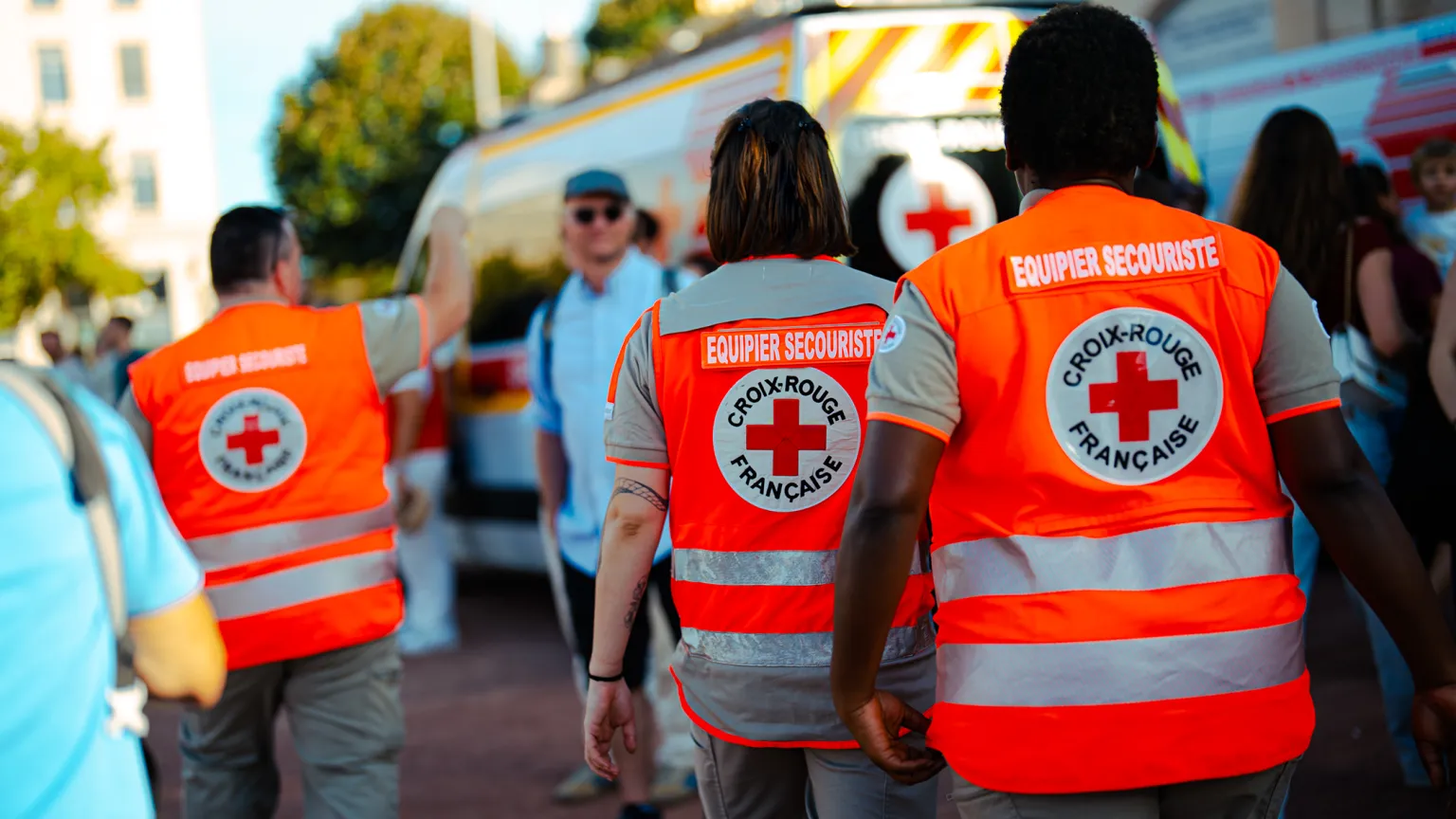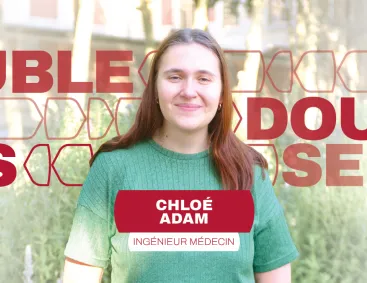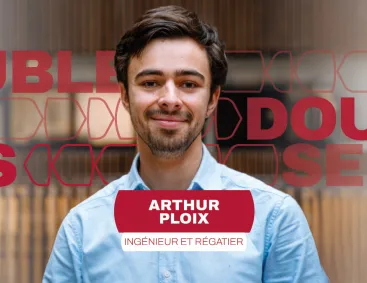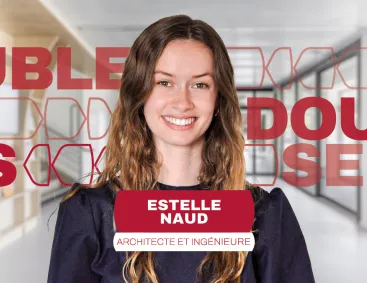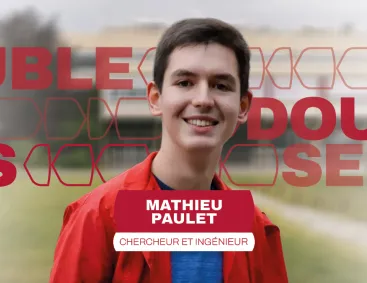From engineering to first aid
What led you to get involved as a volunteer?
Initially, I studied architecture, then joined the dual degree architect-engineer. After finishing the architecture course, I joined Centrale Lyon and had a bit more time on my hands. It was at this point that I felt the needto fulfill my potential by doing something different. I first considered becoming a volunteer firefighter, but the time constraints weren't compatible. So I turned to volunteer first aid. The Croix-Rouge immediately appealed to me because of its human values, so I followed the classic route: form on the Croix-Rouge website, volunteer welcome meetings and I began this adventure!
What training did you undergo to become a first aider?
I took a one-week training course provided by the Croix-Rouge. You need to know that there are two levels of first aid, the first level concerns all vital and absolute emergencies and the second level is more focused on trauma, discomfort, psychological distress. These are demanding training courses, with a lot of role-playing, which get us up and running very quickly.
What are your missions at the Croix-Rouge?
I take part in emergency posts at events, such as the Biennale de la Danse, where we intervene in the event of a problem. I also take part in the organization of these posts, by allocating the necessary resources, ensuring contact between the various players and managing the administrative and contractual aspects. And occasionally, I look after the uniform stock and loan requests. The commitment is very flexible: some weeks I might volunteer 10 hours, others zero. There's no such thing as a typical day! Each position offers different interventions, and I've almost always had to act in the field, which is very formative.
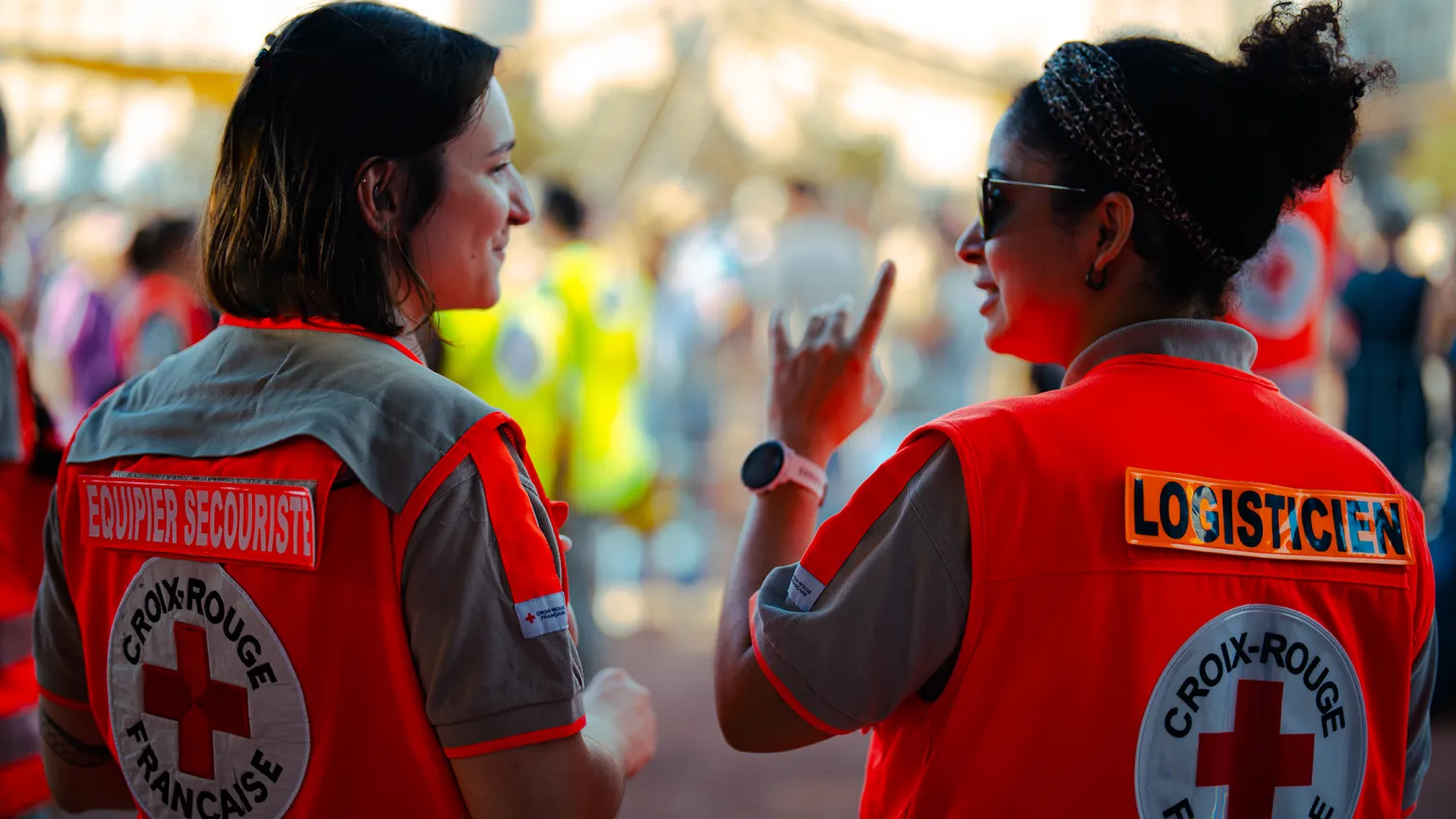
Balancing studies and volunteering
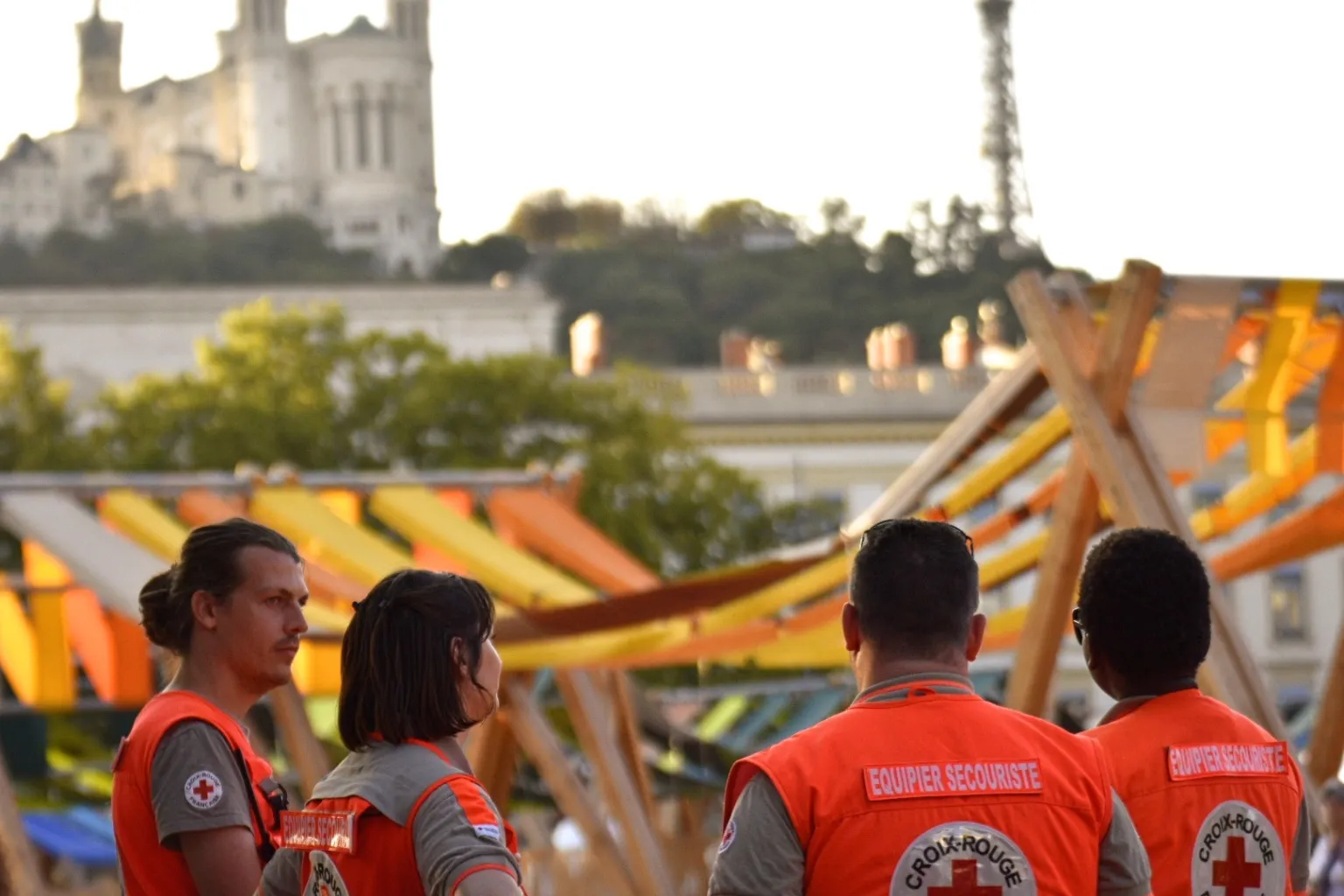
How do you manage the balance between studying and volunteering?
You really have to get organized! Sometimes it's frustrating not to be able to take part in certain missions, I wasn't able to help out in Mayotte this winter or during the floods in Givors, for example. There's an addictive side to first aid, and the risk is in doing too much. The association insists on this point: you have to take care of yourself and know how to say no when necessary. It's not easy, but it can be learned: prioritize and know how to delegate, because you're never alone, you need to trust your team.
What skills have you developed and how has your engineering training been useful?
Volunteering develops organizational skills, and humanly speaking it's very rich! I work with people of all ages and varied profiles, which reinforces adaptability. I've learned an enormous amount, both about myself and how other people work, and it enables me to interact more effectively as part of a team, an essential point if everything is to run smoothly at rescue stations. What you learn at Centrale can also come in handy in the field and in logistics management. For example, my computer skills enabled me to develop a tool for tracking outfit loans. More generally, the training teaches us to solve problems and be a force for proposal, qualities that are much appreciated within the association.
A recognized commitment to academic careers
Is your commitment recognized by Centrale Lyon?
Yes, I have obtained the certificate of volunteer commitment. It's an official recognition from the school that allows you tohighlight the hours you've put in and the missions you've accomplished in an association. To obtain it, you need to put together a dossier, present your activities, detail the number of hours you've worked and then take an oral exam before a jury. It also validates components as part of the skills approach, now compulsory for the general engineering diploma.
What skills are assessed as part of the competency approach?
For my part, I was assessed on three of the five skills: "Piloting and leading", "Generating individual and collective performance" and "Building and sustaining". These are above all skills related to organization, teamwork, project management and the ability to take responsibility. These are qualities that I particularly developed at the Croix-Rouge and which are transferable to my future career as an engineer.It's motivating to see that the school recognizes these experiences outside the academic framework.
Does your commitment influence your career choices?
Yes, very much so. I want to work in an environment that matches my values, like those of the Croix-Rouge. My volunteering also teaches me to give my time voluntarily and thoughtfully, which steers me towards ethical and responsible professional projects.
